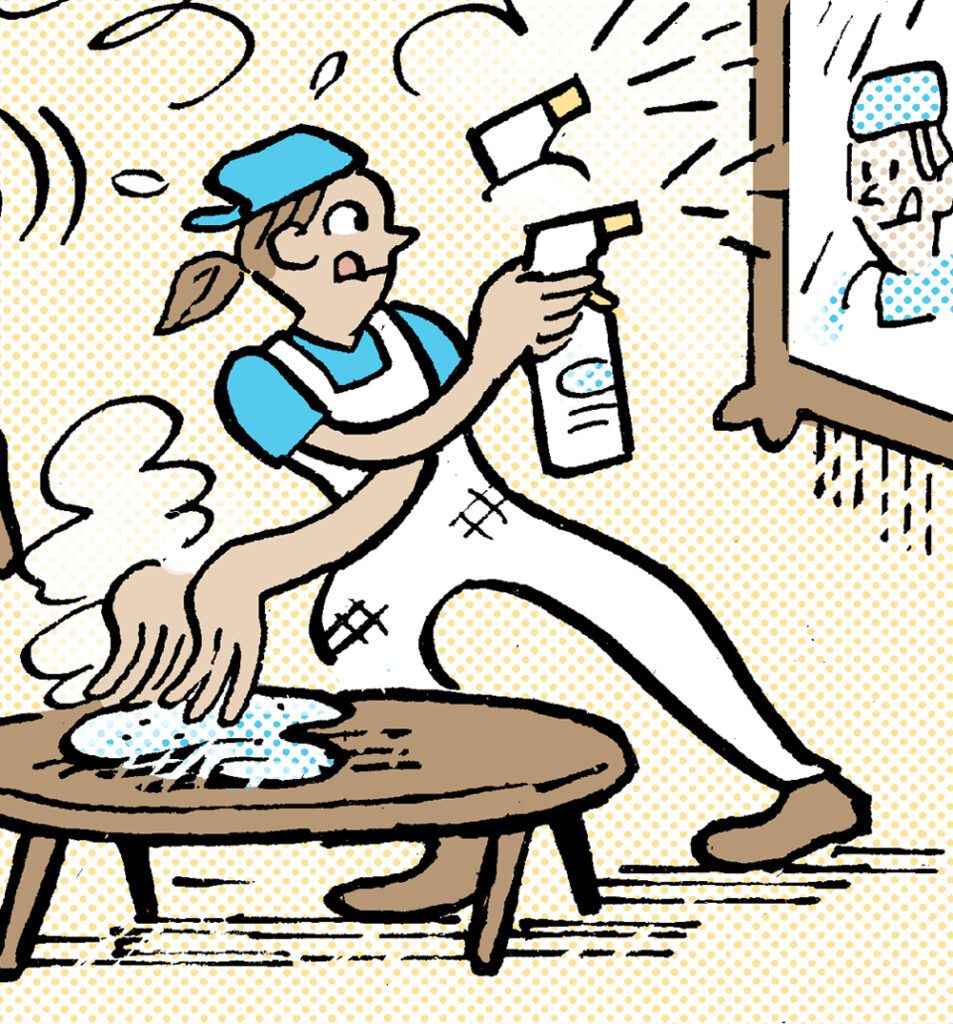Much ado is made about cluttered ads.txt files.
So UK-based ad network Publisher Collective decided to spend the last six months cleaning its up – in the midst of a demerger that put its files in disarray.
The network saw that ads.txt was weighing more heavily on buying decisions, and it considered the ads.txt 1.1 update last summer an opportunity to clean up its clients’ files.
But can cutting entries from its ads.txt file really help a publisher court more demand?
While Publisher Collective didn’t see a positive or negative revenue impact, it learned a lot about which of its partners were valuable and the amount of waste hidden within unnecessary line items.
Transition to ads.txt 1.1
Publisher Collective provides monetization services for more than 200 publisher sites. Its client roster mostly includes sites covering PC and console gaming, such as Serebii.net, a fan site for the Pokémon game series that attracts an average of 33.6 million page views per month.
Its ads.txt overhaul coincided with its update to the ads.txt 1.1 standard. Some buyers were refusing to bid on publisher sites that weren’t compliant with version 1.1, said Andi Springthorpe, programmatic account manager.
The process also took place as Publisher Collective’s parent company, Network N, was executing a demerger to split its publishing arm, its agency business and its monetization platform into three separate entities. That change meant the ads.txt files had to change, too, in order to clarify Publisher Collective’s relationship with its clients.
Under ads.txt 1.1, Publisher Collective, as the monetization platform, had to update its clients’ ads.txt and sellers.json files to indicate that the platform was acting as an exclusive sales representative rather than as owner of the domains. In version 1.1, the media owner and the monetization platform must be reflected in the OWNERDOMAIN and MANAGERDOMAIN lines of each site’s ads.txt file, respectively.
Dumping the dumping ground
Before it could begin the decluttering process, Publisher Collective needed a third-party assessment of its ads.txt. It turned to Primis’ sellers.guide, which analyzes publisher domains and assigns a score.
For example, the gaming news site pcgamesn.com contained 812 lines and 171 sellers. That clutter earned it a sellers.guide score of 1.5 out of 10 in July 2022, due to the presence of inactive SSP seats, duplicated entries and a large amount of intermediary resellers.
Pcgamesn.com’s ads.txt got bloated over time, as Publisher Collective experimented with new SSPs.
“Historically, ads.txt has been almost like a dumping ground,” said Rob Brett, Publisher Collective’s director of programmatic. “You keep plugging into more SSPs or demand partners, and you take their ads.txt lines and apply them to your list without really thinking about it.”
The cleanup gave Publisher Collective an opportunity to reevaluate its business relationships.
The first step was to delete the SSP seat IDs that sellers.guide flagged as inactive, Springthorpe said. An SSP seat could become inactive for many reasons, such as the SSP going out of business, changing its domain name or simply not producing any demand for the publisher.
The next step was to analyze SSP revenue streams and eliminate underperforming partners and resellers. “Why am I sending them billions of impressions for a few hundred dollars a month?” Brett said. “[Cutting them off] is a decision we can make quickly that has an environmental impact.”
No negative impact and positive takeaways
By the end of the process, Publisher Collective had whittled its clients’ ads.txt down to essential SSPs and their most valuable resellers.
As of June, pcgamesn.com’s sellers.guide score was 8. Its ads.txt contained 297 lines and 48 sellers, reducing its line items and resellers by 63% and 72%, respectively.
The average publisher site score is 4.5, which leaves plenty of room for improvement, according to Primis. The company considers a good score as being between 7 and 8.5.
Publisher Collective reproduced similar results across its client list, with its publishers’ sellers.guide scores ranging between 7 and 8 on average, Springthorpe said. The network now tries to stick to roughly 10 SSPs per site with a few resellers for each.
Removing outdated items and streamlining the remaining entries lets DSP crawlers parse the sites’ ads.txt more effectively, Springthorpe said. That’s likely producing more demand since DSPs won’t bid if they can’t make sense of a site’s ads.txt.
But neither Brett nor Springthorpe would go as far as to say that Publisher Collective’s ads.txt cleanup produced higher CPMs or more incremental revenue. However, they did point out that removing so many line items did not have a negative effect on revenue, either.
The lack of revenue impact from cutting so many reseller lines empowered Publisher Collective to take more control over its onboarding process for new partners.
“I was speaking to a new demand partner, and they sent me their ads.txt with 200 line items,” Brett said. “I said, ‘Just send me the ones that spend money,’ and I got back 12.”


















